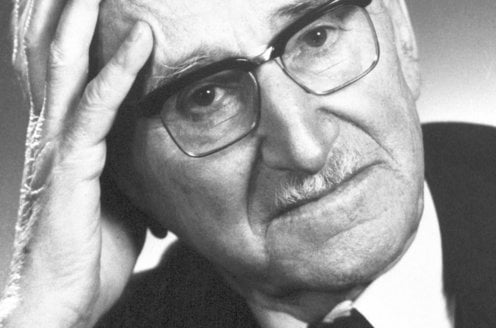Sublime
An inspiration engine for ideas
You can see the rate of growth of per capita median income slows down around 1973, which I take as the end of the era of low-hanging fruit. As an approximation, if median income had continued to grow at its earlier postwar rate, the median family income today would be over $90,000.
Tyler Cowen • The Great Stagnation: How America Ate All The Low-Hanging Fruit of Modern History, Got Sick, and Will (Eventually) Feel Better: A Penguin eSpecial from Dutton
The very success of economic growth in the Digital Age has laid several traps for an unwary world. The world economy is producing vast wealth, but failing in three other dimensions of sustainable development. Inequalities are soaring, in part because of the differential effects of digital technologies on high-skilled and low-skilled workers. Enviro
... See moreJeffrey D. Sachs • The Ages of Globalization: Geography, Technology, and Institutions
Free trade, and capitalism in general, are constantly creating new wealth and on the whole drive the economy forward. But “on the whole” excludes those who lose their jobs as the economic revolution takes place and never find a new job.
George Friedman • The Storm Before the Calm: America's Discord, the Coming Crisis of the 2020s, and the Triumph Beyond
A puzzling and counterintuitive finding, based on archeological and anthropological evidence, is that hunters and gatherers seem to have had better nutrition, fewer diseases, more varied diets, less strenuous labor, and longer lives than contemporaneous farm households.2 The evidence includes the larger stature of nomadic populations compared with
... See moreJeffrey D. Sachs • The Ages of Globalization: Geography, Technology, and Institutions
However, once the heretical scientific insights are translated into everyday technology, routine activities and economic structures, it will become increasingly difficult to sustain this double-game, and we – or our heirs – will probably require a brand-new package of religious beliefs and political institutions. At the beginning of the third mille
... See moreYuval Noah Harari • Homo Deus: A Brief History of Tomorrow
The Sveriges Riksbank Prize in Economic Sciences in Memory of Alfred Nobel 1974
nobelprize.orgnobelprize.org
Hayek gives us the intuition of prices conveying only what market participants deem to be the most important information and actually destroying the rest, and Holland shows how this can be represented with the formalism of complex systems.
Sacha Meyers • Bitcoin Is Venice: Essays on the Past and Future of Capitalism
Understanding the Agricultural Revolution is a first step toward understanding the Information Revolution. The introduction of tilling and harvesting provides a paradigm example of how an apparently simple shift in the character of work can radically alter the organization of society. Put this past revolution into perspective and you are in a far s
... See moreJames Dale Davidson, Lord William Rees-Mogg • The Sovereign Individual: Mastering the Transition to the Information Age
the ascent of money has been essential to the ascent of man. Far from being the work of mere leeches intent on sucking the life’s blood out of indebted families or gambling with the savings of widows and orphans, financial innovation has been an indispensable factor in man’s advance from wretched subsistence to the giddy heights of material prosper
... See more